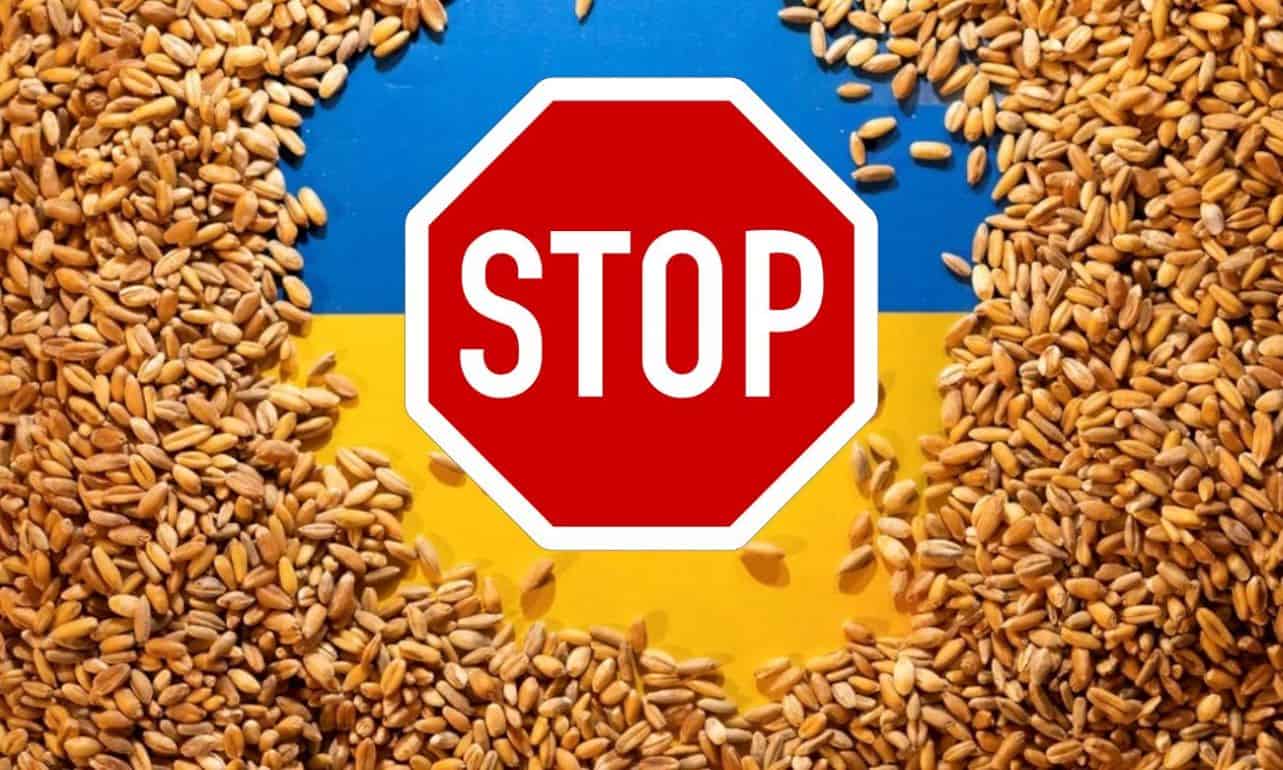Hungary refuses to lift unilateral ban on grain imports from Ukraine

Hungary will not lift its unilateral ban on imports of Ukrainian agricultural products until restrictions are imposed at the European level. This was announced by Hungarian Minister of Agriculture Istvan Nagy, according to the country’s Ministry of Agriculture.
Nagy said that agriculture and food self-sufficiency in Europe are currently under threat, as European agriculture has never been so “saturated with green ideologies” and farmers do not receive market protection for agricultural products coming from third countries, including Ukraine.
“Until the import of Ukrainian grain is limited by a pan-European decision, the Hungarian government will continue to close the borders to Ukrainian grain as a unilateral decision taken under the country’s leadership,” Nagy said.
He added that Hungary cannot allow Ukrainian grain to continue to enter the EU in unlimited quantities, as “the interests of Eastern European and border countries cannot be ignored.”
Although the French and German lobby is expected to remove poultry, eggs and sugar from the list of products that can be imported into the European Union without restrictions and duty-free, Nagy said it was “undignified” that Eastern European countries were left alone with a grain problem that “cannot be ignored.”
The Minister expressed satisfaction that Hungary was able to find partners to close the borders for Ukrainian grain within the framework of the Visegrad Four (V4, the political and economic union of Hungary, the Czech Republic, Romania, and Bulgaria – ed.)
“V4 cooperation, supplemented by Romania and Bulgaria, has been successful so far,” he stated.
Nagy also supported the upcoming blockade of the Ukrainian border in Záhony by Hungarian farmers on February 9. Hungarian farmers oppose the extension of duty-free trade in Ukrainian agricultural products until 2025 unless the European Union offers a joint solution to the problem.
Nagy also reminded that the Hungarian government supported farmers and increased national co-financing of the agricultural sector to 80%.
Earlier it was reported that the Czech Republic will support the extension of duty-free trade in agricultural products with Ukraine by the European Commission and insists that support for liberalization should be equal for all EU countries.
Read also
Wheat in Southern Brazil Impacted by Dry Weather and Frosts
Oilseed Industry. Leaders and Strategies in the Times of a Great Change
Black Sea & Danube Region: Oilseed and Vegoil Markets Within Ongoing Transfor...
Serbia. The drought will cause extremely high losses for farmers this year
2023/24 Safrinha Corn in Brazil 91% Harvested
Write to us
Our manager will contact you soon



